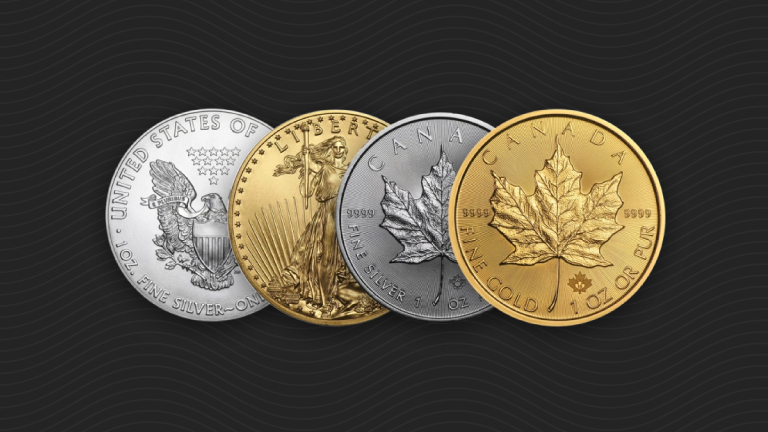
Peter Schiff: This Is the Beginning of a Much Bigger Crisis (Video)
Wall Street has been on a roller coaster ride over the last few months. If you listen to the pundits on the financial networks, you’ll hear the word “volatile” used over and over again. That word certainly seems to describe the current state of US stock markets and in a broader sense the economy. But […]









